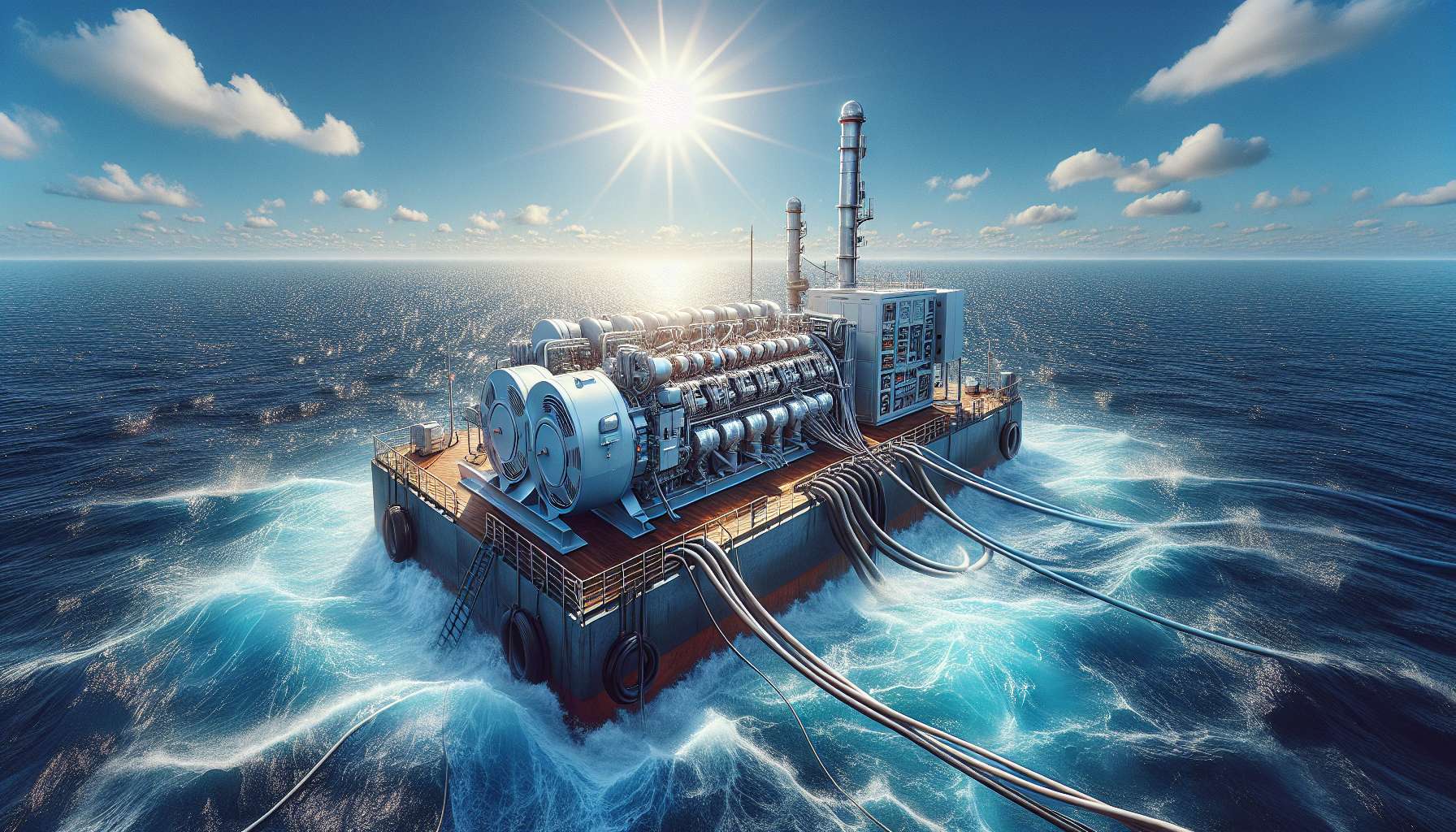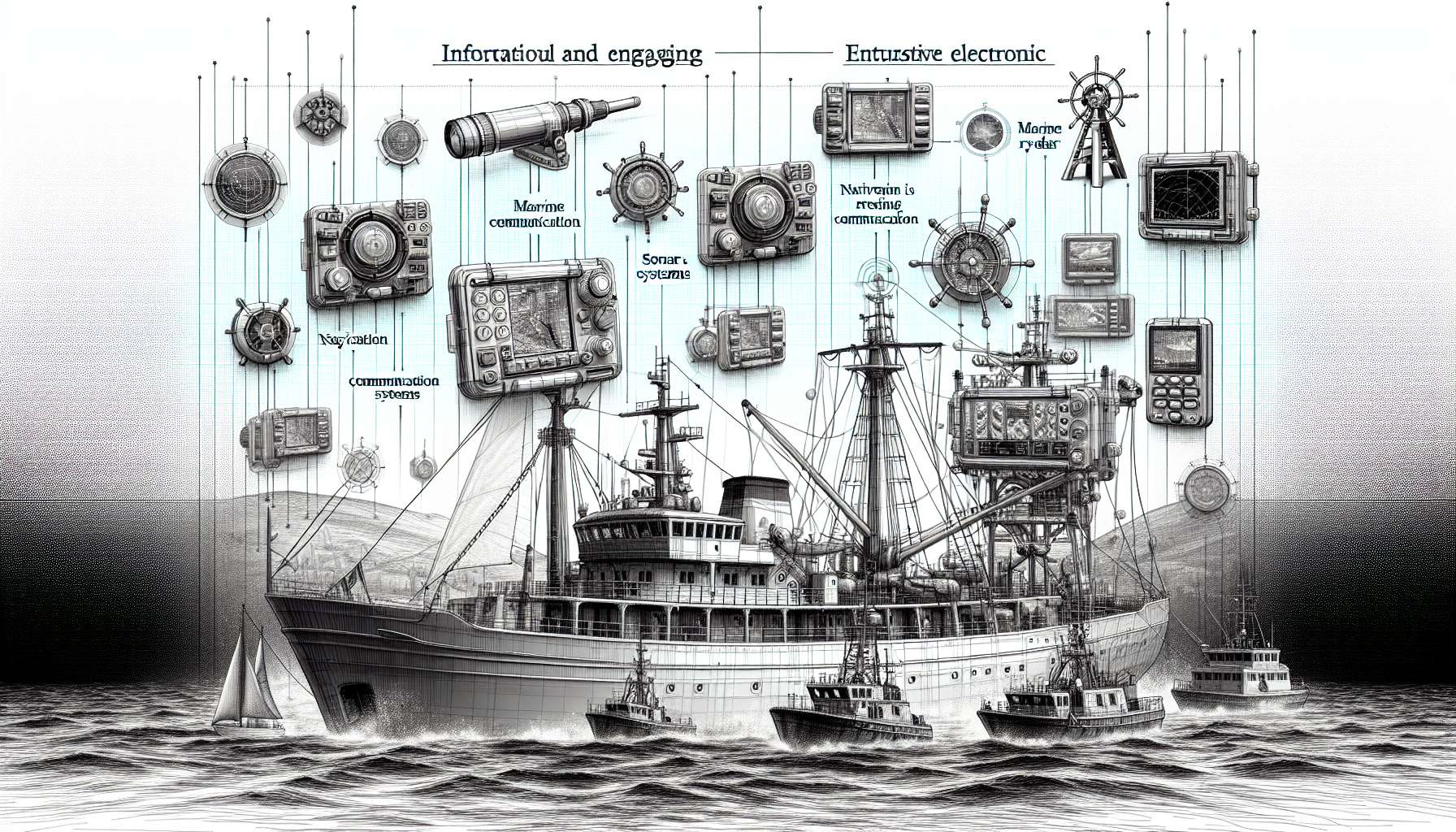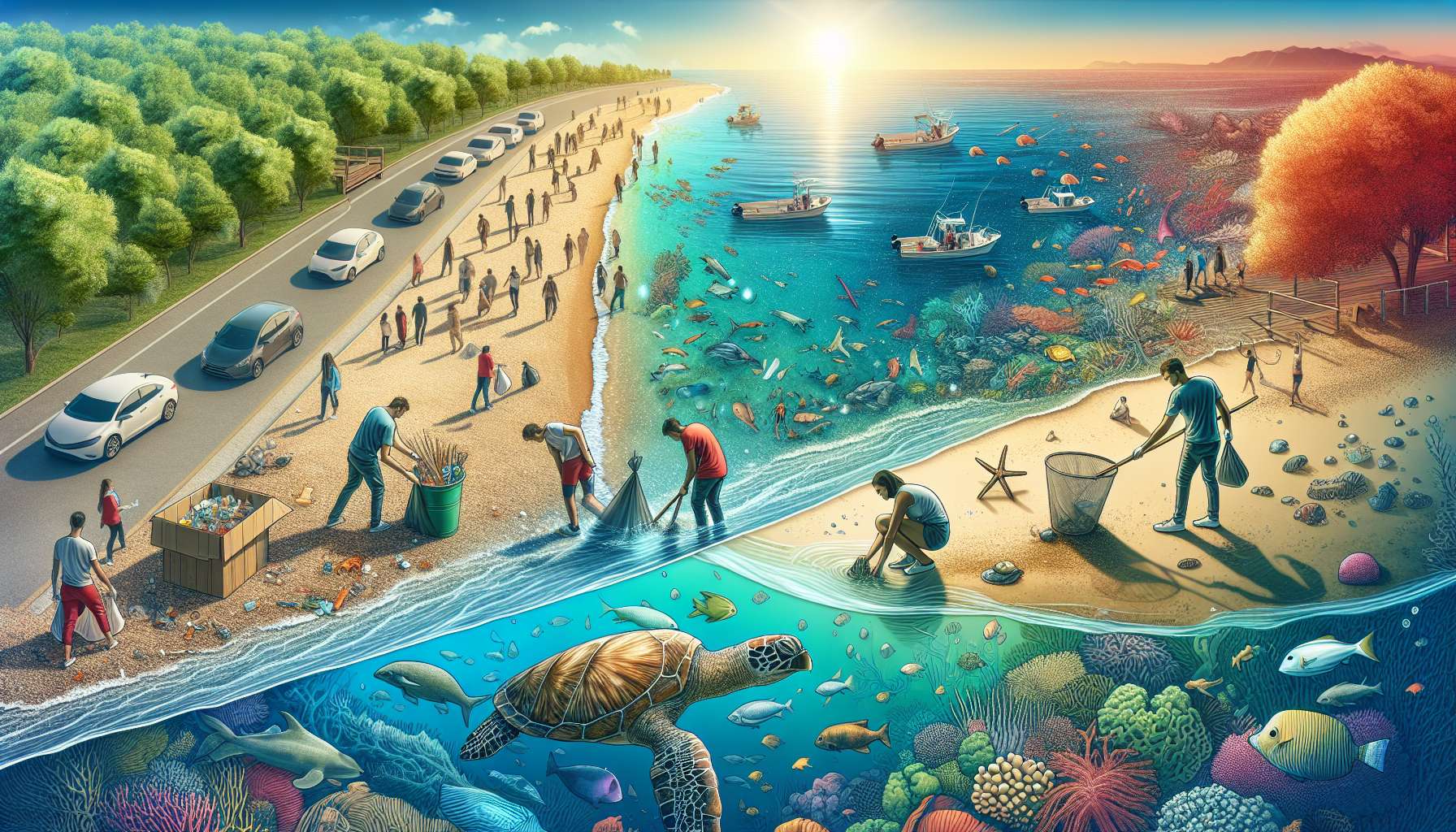Exploring the Depths of Marine Generators
Marine generators play a vital role in powering various vessels, from small boats to large ships, ensuring a constant and reliable source of electricity while at sea. As technology continues to advance, the demand for efficient and sustainable power generation solutions in the marine industry is on the rise. In this comprehensive guide, we will delve into the world of marine generators, exploring their functions, types, benefits, and future prospects.
The Evolution of Marine Generators
Marine generators have come a long way since their inception, evolving to meet the specific needs of seafaring vessels. Historically, ships relied on manual labor or rudimentary forms of energy generation, such as wind or steam, to power their operations. The introduction of diesel engines revolutionized marine propulsion and electricity generation, paving the way for modern marine generators.
Today, marine generators are sophisticated machines that convert mechanical energy into electrical power through a variety of methods, including diesel, gas, hybrid, and even renewable energy sources. These generators are designed to withstand the harsh marine environment, providing a stable power supply for navigation, communication, lighting, refrigeration, and other essential onboard systems.
The Types of Marine Generators
There are several types of marine generators available, each catering to different vessel sizes, power requirements, and fuel preferences. The most common types of marine generators include:
Diesel Generators
Diesel generators are the most widely used power generation systems in the marine industry. They operate on diesel fuel, which is readily available, cost-effective, and energy-dense, making it an efficient choice for long sea voyages. Diesel generators are known for their durability, reliability, and fuel efficiency, making them a popular choice for commercial and recreational vessels alike.
Gas Generators
Gas generators, powered by natural gas or propane, are gaining popularity in the marine sector due to their lower emissions and cleaner combustion. These generators are environmentally friendly and comply with stringent emission regulations, making them an attractive option for eco-conscious shipowners. Gas generators are quieter than diesel generators and require less maintenance, offering a quieter and more sustainable power generation solution.
Hybrid Generators
Hybrid generators combine multiple power sources, such as diesel, gas, batteries, and renewable energy, to optimize fuel efficiency and reduce environmental impact. These generators automatically switch between power sources based on load demand and available resources, ensuring continuous power supply while minimizing fuel consumption and emissions. Hybrid generators are ideal for vessels that require variable power output and wish to reduce their carbon footprint.
The Benefits of Marine Generators
Marine generators offer a wide range of benefits to shipowners, crew members, and passengers, ensuring a safe, comfortable, and efficient onboard experience. Some of the key benefits of marine generators include:
Reliable Power Supply
Marine generators provide a constant and stable source of electricity, powering essential onboard systems such as navigation equipment, communication devices, lighting, climate control, and refrigeration. This ensures the safety, comfort, and convenience of everyone onboard, regardless of the vessel’s size or operating conditions.
Independence from Shore Power
Marine generators enable vessels to operate independently from shore power, allowing them to navigate remote waters, travel long distances, and stay at sea for extended periods without the need for external power sources. This autonomy is crucial for commercial vessels, research ships, and recreational boats that venture into off-grid locations or face unpredictable weather conditions.
Emergency Backup Power
Marine generators serve as a critical backup power source in case of emergencies, such as engine failure, electrical malfunction, or inclement weather. These generators can quickly restore power to vital systems, preventing disruptions, ensuring safety, and enabling the crew to address any unforeseen challenges effectively. Emergency backup power is essential for maintaining operational readiness and passenger welfare during unexpected situations.
The Future of Marine Generators
As the marine industry continues to embrace sustainability, innovation, and efficiency, the future of marine generators looks promising. Advancements in technology, materials, and design are driving the development of more efficient, eco-friendly, and reliable power generation solutions for vessels of all sizes. Some of the key trends shaping the future of marine generators include:
Integration of Renewable Energy
Renewable energy sources, such as solar, wind, and hydrokinetic power, are increasingly being integrated into marine generator systems to reduce fuel consumption, emissions, and operating costs. Hybrid generators that combine renewable energy with traditional power sources are becoming more prevalent, offering a greener and more sustainable power generation solution for environmentally conscious shipowners.
Smart Monitoring and Control Systems
Advanced monitoring and control systems are enhancing the efficiency, reliability, and safety of marine generators by providing real-time data on performance, fuel consumption, emissions, and maintenance requirements. These smart systems enable shipowners and crew members to optimize power generation, diagnose issues proactively, and prevent downtime, improving the overall operational efficiency of the vessel.
Electrification of Propulsion Systems
The electrification of propulsion systems is revolutionizing the marine industry, leading to the development of electric and hybrid propulsion solutions that are more energy-efficient, environmentally friendly, and cost-effective than traditional diesel engines. Marine generators play a crucial role in powering these electric propulsion systems, enabling vessels to reduce their carbon footprint, comply with regulations, and enhance their operational sustainability.
Expert Opinions
According to marine industry experts, the demand for efficient and sustainable power generation solutions in the marine sector is expected to increase in the coming years. As shipowners, regulators, and consumers prioritize environmental stewardship, energy efficiency, and operational reliability, marine generators will play a central role in meeting these evolving needs. By embracing innovation, collaboration, and best practices, the marine industry can drive positive change and foster a more sustainable future for all stakeholders.
Common Misconceptions
One common misconception about marine generators is that they are noisy, polluting, and unreliable. While older models of marine generators may have exhibited these characteristics, modern generators are designed to be quieter, cleaner, and more efficient than ever before. By choosing the right type of generator, conducting regular maintenance, and following best practices for operation, shipowners can enjoy the benefits of a reliable, sustainable, and high-performing power generation system onboard their vessel.
Conclusion
To wrap things up, marine generators play a crucial role in powering vessels of all sizes, ensuring a reliable, efficient, and sustainable source of electricity while at sea. By embracing the latest technology, best practices, and industry trends, shipowners can enhance the performance, safety, and environmental impact of their vessels, setting the course for a more sustainable future. As the marine industry continues to evolve, marine generators will remain at the forefront of innovation, driving progress, and shaping the maritime landscape for generations to come.




